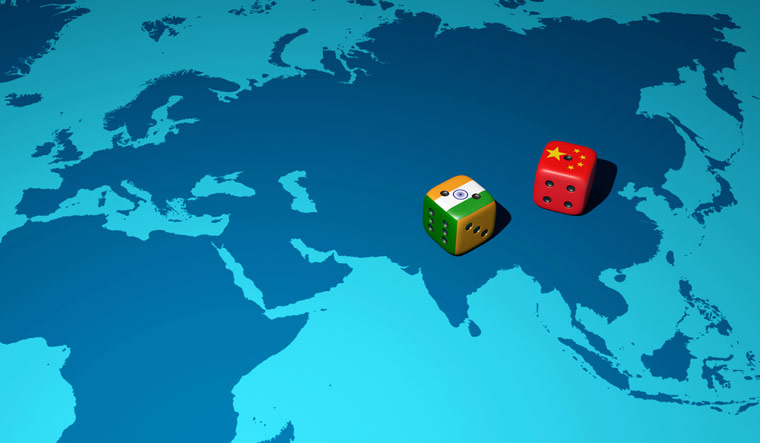If former US President Donald Trump’s trade wars did not highlight the fragility of trade relationships with China and its effective on the domestic economy, the coronavirus made China’s potentially disruptive role in the global economy far more evident.
In a bid to make its global supply chains more resistant and less reliant on China, US President Joe Biden is set to sign an executive order to accelerate efforts to build supply chains for chips and other strategically significant products that are less reliant on China and more on allies like Taiwan, Japan and South Korea, NikkeiAsia reported.
“The document will order the development of a national supply chain strategy, and is expected to call for recommendations for supply networks that are less vulnerable to disruptions such as disasters and sanctions by unfriendly countries. Measures will focus on semiconductors, electric-vehicle batteries, rare-earth metals and medical products,” the report said, citing a draft document.
Taiwan, the world’s leading manufacturer of semiconductors with a 22 per cent share, could lose this position to China by 2030, which is expected to have a 24 per cent share by then according to Boston Consulting. The US, meanwhile, has seen its share in the industry drop from 37 per cent to 12 per cent—even though leading manufacturers like Intel, AMD and Qualcomm are all American companies.
Rare earths, another crucial export of China, are yet another strategic industry the US cannot live without. A recent report by the Financial Times said China was exploring limited its exports of rare earth minerals including those used in the manufacture of the fifth generation F-35 fighter jets. But rare earths are also used in everything from cell phones to televisions and are a crucial part of the electronics supply chain.
It isn’t just the US that is looking to reduce its reliance on China for rare earths, on February 23, the European Commission President, Ursula von der Leyen called for the EU to end its over-reliance on China for rare earth elements.
With an 80 per cent monopoly on the global rare earth supply, China’s Ministry of Industry and Information Technology is reportedly proposed draft controls on the production and export of 17 rare earth minerals. In addition, with just a third of the world’s rare earth reserves, China also imports rare earths from Myanmar, Malaysia and Vietnam.
China has sought to curb its dependence on imports too, increasing its production quota for rare-earth metals by close to 30 per cent, according to a recent NikkeiAsia report.
Citing a Japanese government source, the report said the US would do an “intensive review” of its supply chains to see how much it depends on which countries for semiconductors and rare earths, and will design countermeasures with allies after that.
While India holds relatively less of the world’s rare earth reservoirs, at about six per cent, it accounts for just around two per cent of production. India also has tremendous potential to increase production as well as exports of existing reserves. India has the world’s largest reserves of monazite—71 per cent of global reserves. Monazite is a source for thorium, lanthanum, and cerium.
However, in April 2020, the government prohibited the mining of atomic minerals, including zirconium, monazite and thorium, in order to safeguard the strategic interest of the country. In addition, rare earth mining brings with it a host of health concerns—monazite processing in particular can generate radioactive residues. This is one of the reasons the US prefers to process rare earths in China, even though it has ample reserves of some.
Even so, in 2016, the Beach Minerals Producers Association estimated that the rare earth mineral downstream industry could net capital employment of Rs 1.21 lakh crore.
As India seeks to increase its role as a chip manufacturer, as it has so far lacked fabrication capabilities, there will be increased need for rare earth imports to meet the demands of this new industry. While some rare earths cannot be mined in India, there remains export potential for countries like the US or blocs like the EU that are looking to reduce their dependence on China.




